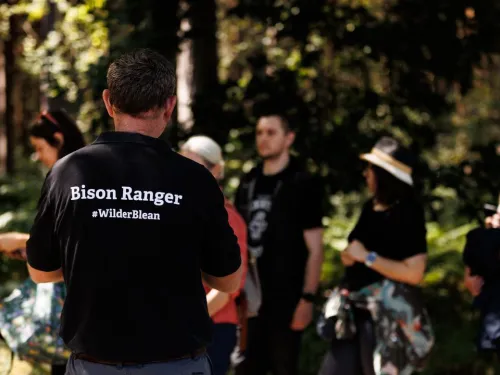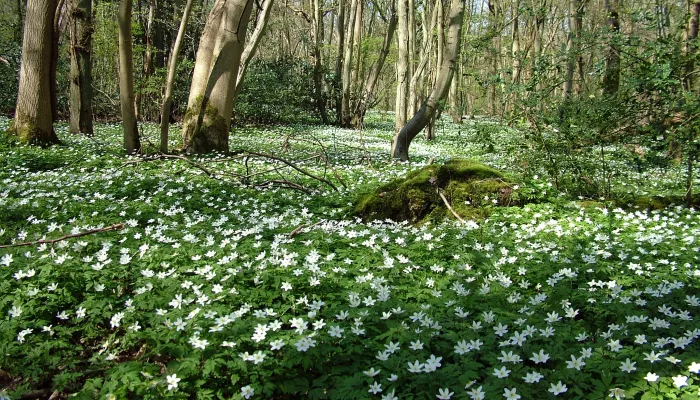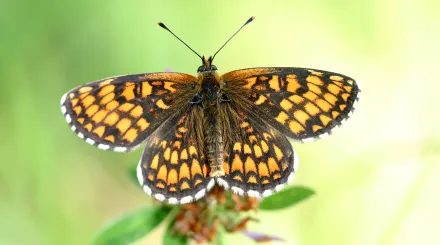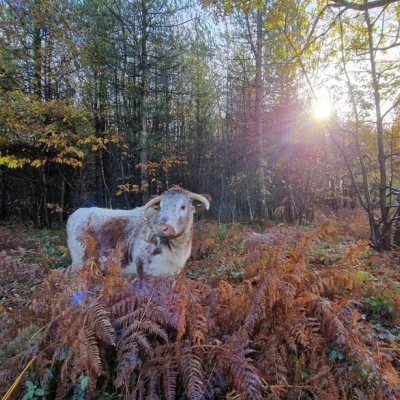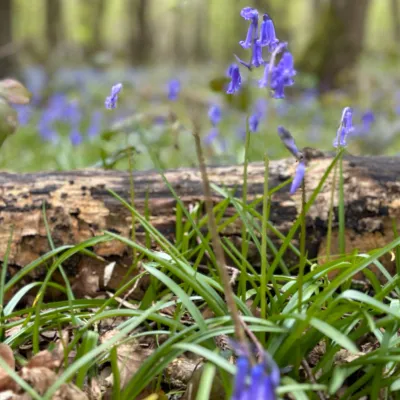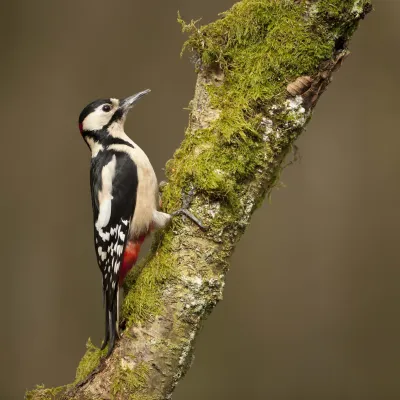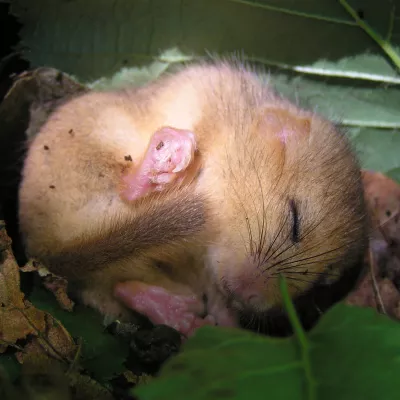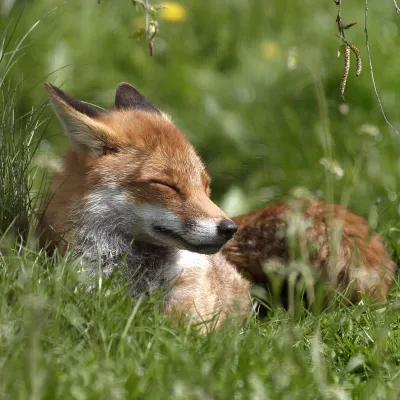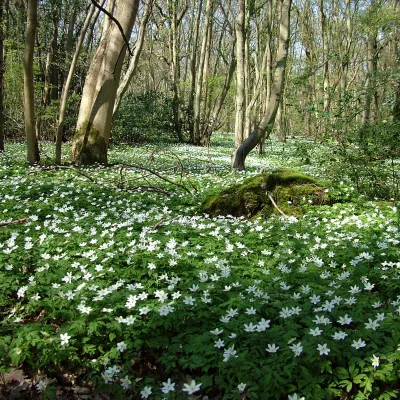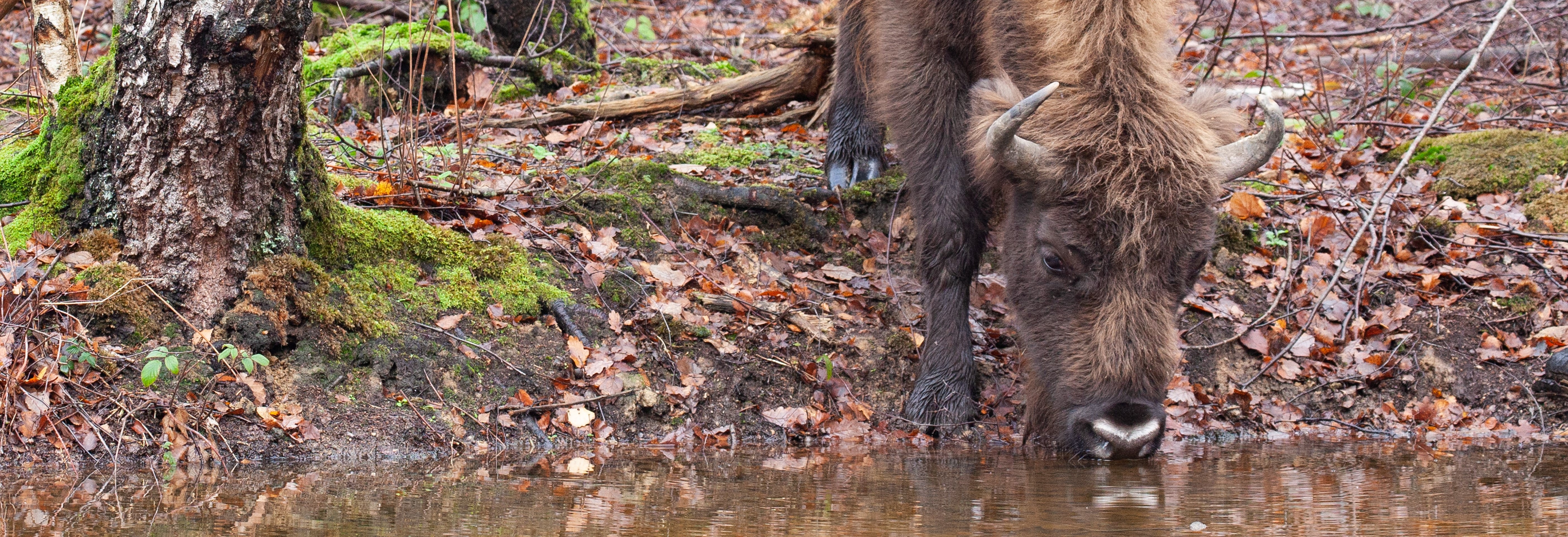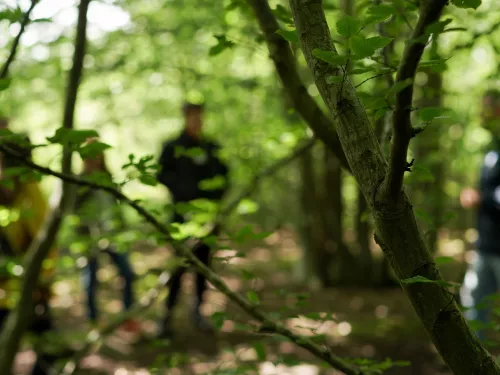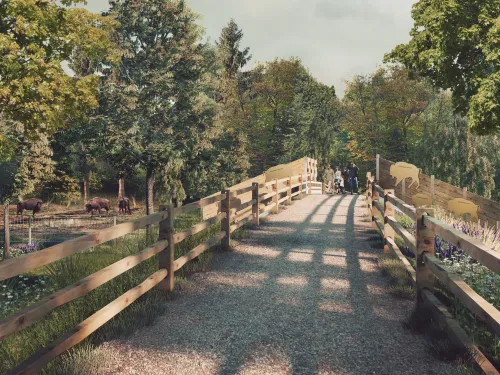More about The Big Give (2nd-9th December)
We took part in the Big Give Christmas Challenge to raise money for Wilder Blean: Wilder Woodlands. This meant donations were doubled in December - we needed to raise £75,000 between 2nd-9th December and generous match donors (including the Reed Foundation) pledged half.
These vital funds will help deliver critical aspects of the 'Wilder Blean' project in 2026.
Alongside our conservation partners, we are committed to delivering this long-term flagship project. Raising funds as we go, we aim to demonstrate that nature-based solutions can provide a more sustainable approach to woodland management. Transferring management to those that do it best will allow us to gradually reduce the need for costly and labour-intensive human intervention in the woodlands.
The difference will you make
Signs of recovery are seen in abundance throughout the Wilder Blean and our expert Bison Rangers have already recorded rare fungi, butterflies, the protected Fiery Clearwing Moth, and even discovered dung beetles. The bison’s natural behaviours, like grazing, dustbathing, and bark stripping are creating new habitat for species. But this is only the beginning.
With your help to invest in this pioneering project we can expect the woodlands to thrive and species like woodpeckers, bats, and dormice to return once more. The project will also be used as an example for other areas of woodland in the UK and further afield, creating sustainable wilding models which can be replicated elsewhere, and therefore contributing to national nature security.
